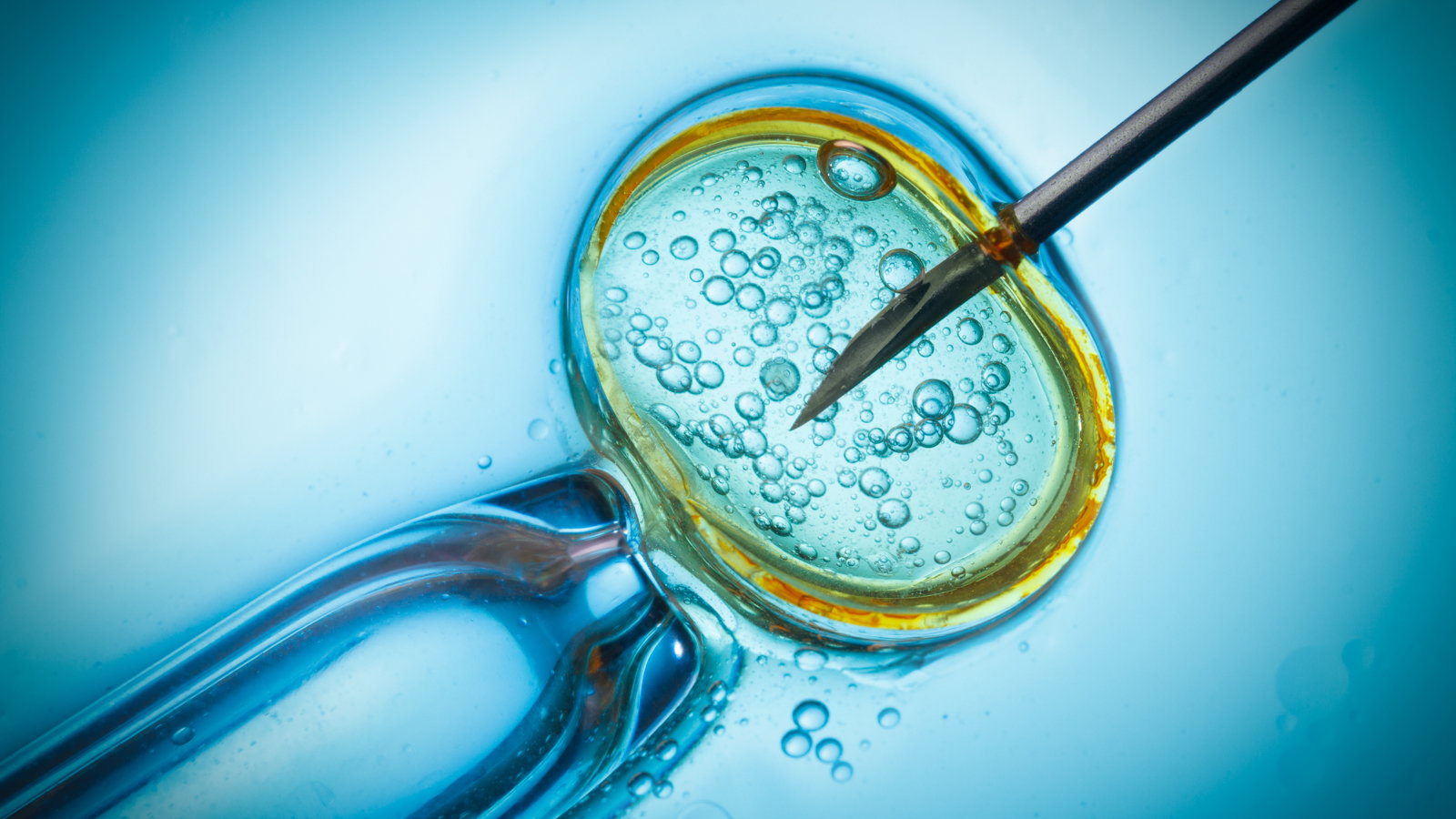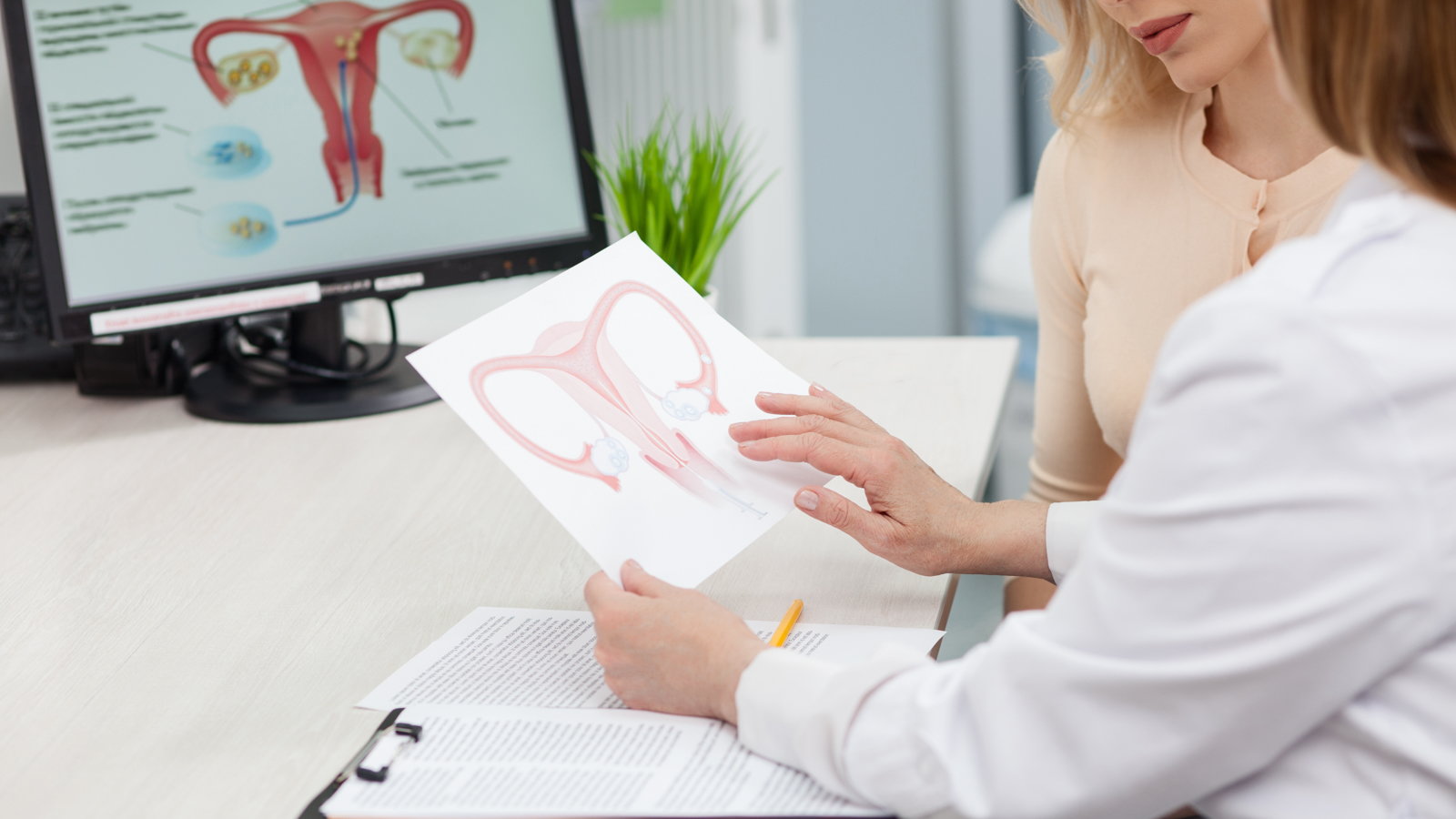
Fertility issues are a burden on any family. Struggling to conceive can be stressful, overwhelming, and confusing. For women with PCOS (polycystic ovarian syndrome), the struggle to conceive can be taxing and anxiety-filled. The good news is, a diagnosis of PCOS doesn't automatically equal fertility issues, and, while difficulty in conceiving can be a symptom of PCOS, there are several fertility treatment options available for women living with this hormonal imbalance.
Understanding PCOS
Polycystic Ovarian Syndrome is a hormonal disorder that affects an estimated five to ten percent of women of reproductive age. As many as 5 million women in the United States may be affected and it can occur in girls as young as 11 years old. According to AttainFertillity.com, PCOS can cause many different symptoms, including ovarian cysts, high levels of insulin, weight gain, fertility problems and excess body and facial hair. Essentially, women develop polycystic ovarian syndrome when they have too many male hormones and not enough female hormones, making ovulation rare or irregular. "Due to abnormal hormone levels with PCOS, your eggs may not develop properly and may not fully ripen," states AttainFertility. "This can lead to ovulation disorders and infertility."
About half of women who have polycystic ovarian syndrome are obese and have excessive hair growth on their face, chest, and lower abdomen. Because it is a hormonal issue, there are other symptoms, such as acne, anxiety, and irregular menstruation.
So What Can You Do?
If you're trying to conceive with PCOS, losing weight can greatly improve your ovulation. Fertility drugs, aimed to induce or stimulate ovulation, can also help. If fertility drugs don't seem to work, try not to get discouraged. Your doctor may prescribe insulin-sensitizing drugs, or if you have ovarian cysts, surgeons may opt to remove those. Success rates for ovulation and full-term pregnancy through these methods vary greatly, depending on the type of drug, the age of the woman and family history, as well as other factors. "For young women under age 35 with polycystic ovaries, the real question is more about which treatment will be effective, and not so much whether any treatment can ever work," states Richard Sherbahn MD, of advancedfertility.com. "As far as the chances for pregnancy with PCOS, pregnancy statistics are difficult to give without knowing the details of the individual case."

Other procedures, such as intrauterine insemination (IUI), or the more invasive in-vitro fertilization (IVF) may be an option. A different kind of fertility treatment, called in-vitro maturation (IVM), is a fairly new, experimental procedure that may help with conception and longer term, successful pregnancies for women with PCOS.
Like many hormonal-based conditions, there is a large spectrum of severity. If you have a mild case of PCOS, your chances of conceiving and having a baby may be quite high. If you have a more severe form of PCOS, don't lose hope. With a doctor's assistance, fertility options, and charting methods you may still be able to experience a perfectly healthy pregnancy and have children.
For more information and resources about PCOS as well as a list of coping suggestions, visit womenshealth.gov: https://www.womenshealth.gov/a-z-topics/polycystic-ovary-syndrome

